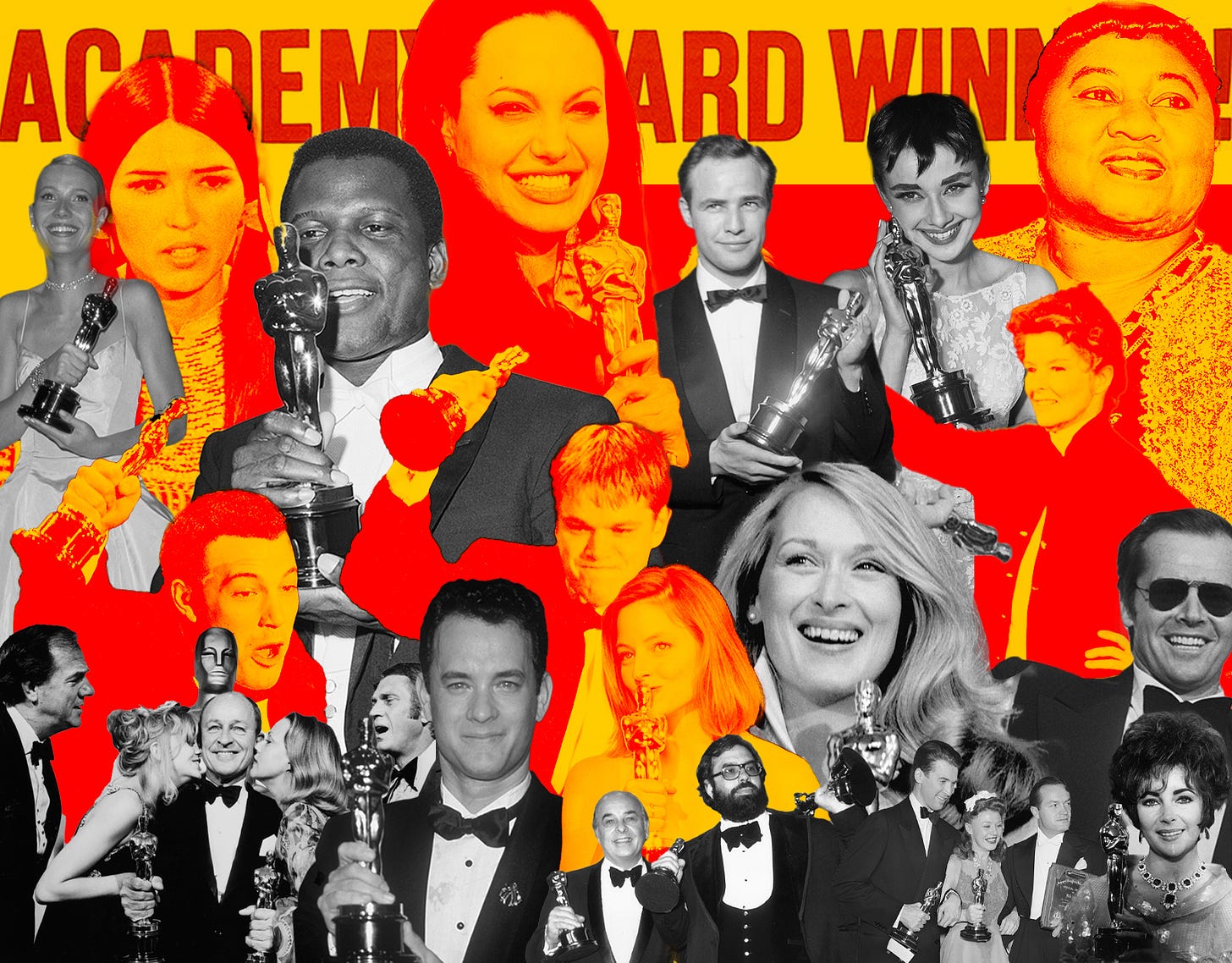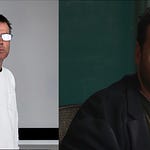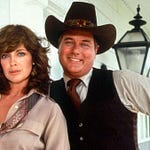This week, I’m joined by Michael Schulman to discuss his new book, Oscar Wars: A History of Hollywood in Gold, Sweat, and Tears. What were some of the ulterior motives for making the Oscars? How did the ceremony help break the blacklist? And was Rob Lowe’s duet with Snow White really the worst thing that’s ever happened on the show? Or, you know, in the history of existence? All that and more on this week’s episode. If you enjoyed our chat, make sure to pick up his book and share this episode with a friend!
Share this post

The Drama Behind Hollywood's Biggest Night
www.thebulwark.com
The Drama Behind Hollywood's Biggest Night
Michael Schulman talks 'Oscar Wars.'
Mar 04, 2023
Bulwark Goes to Hollywood
Audio
Sonny Bunch on movies, technology, and understanding the next Hollywood
Sonny Bunch on movies, technology, and understanding the next HollywoodListen on
Substack App
RSS Feed
Recent Episodes

1:00:45














The Drama Behind Hollywood's Biggest Night